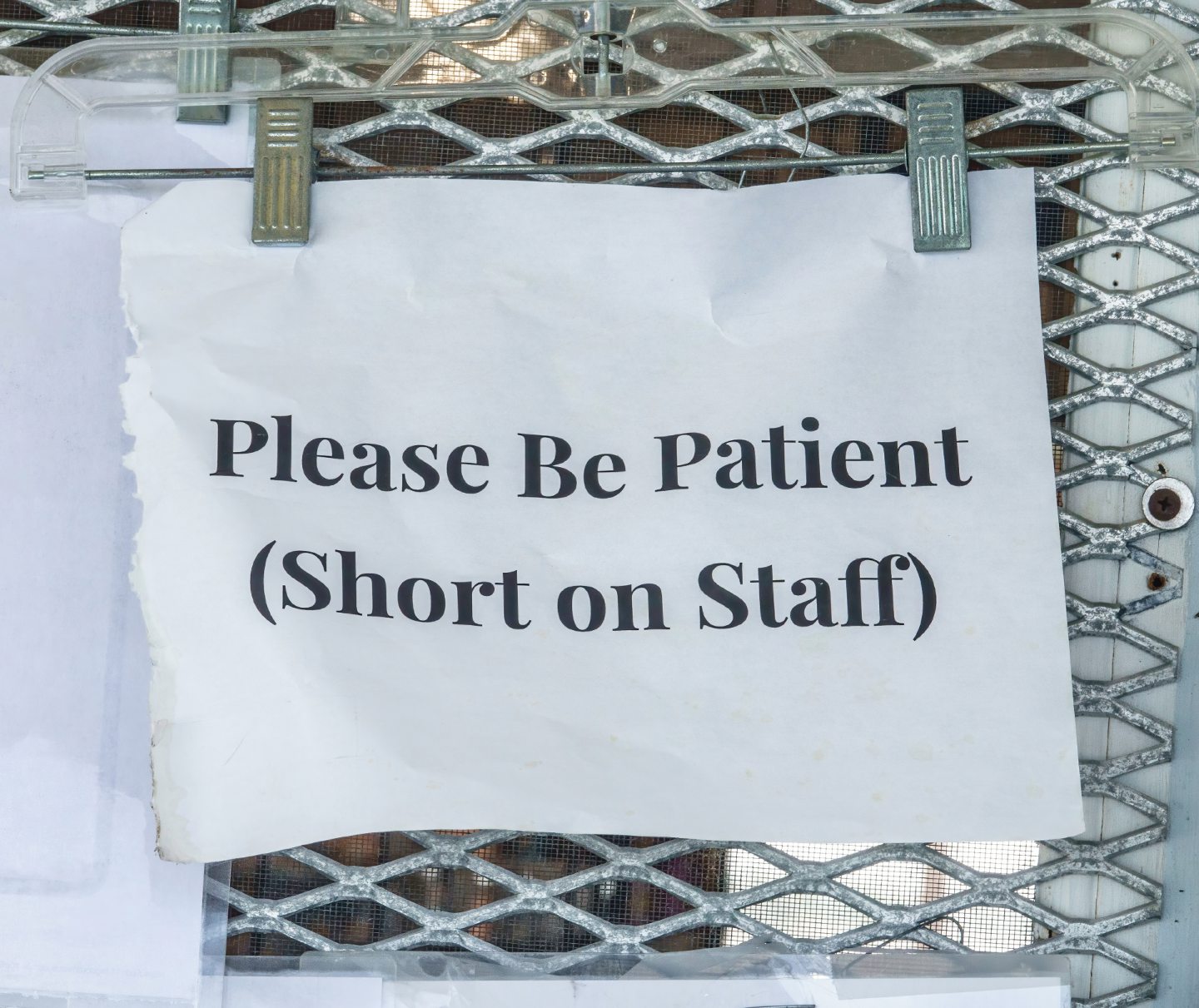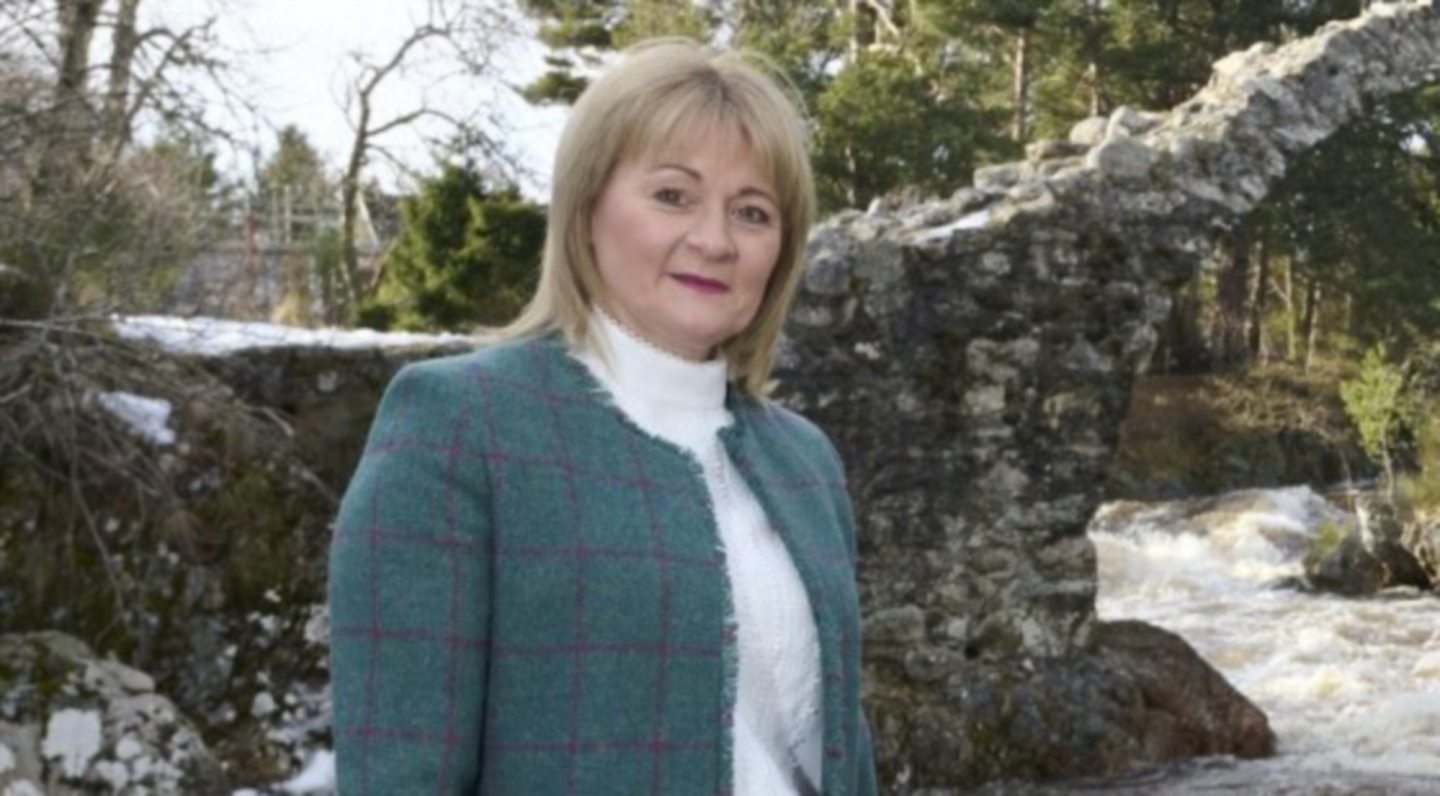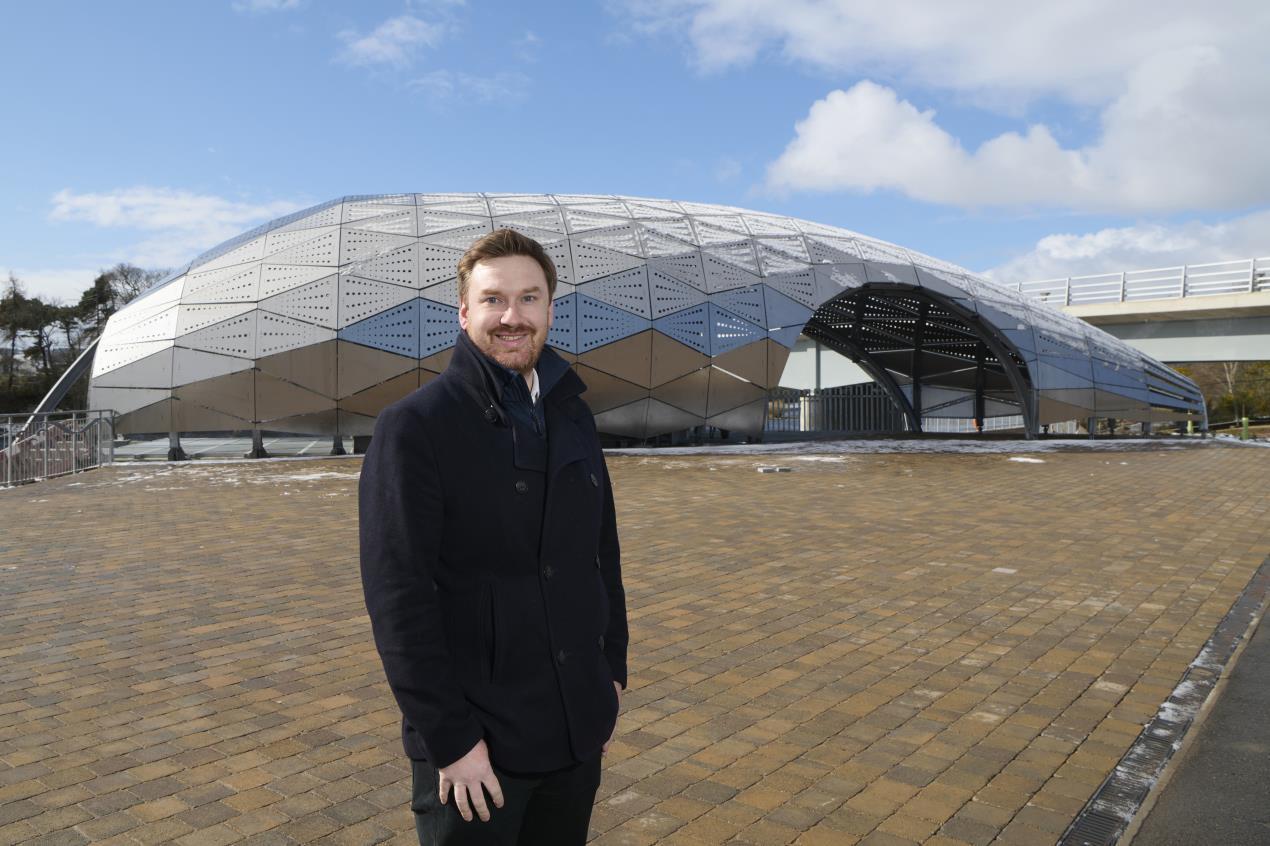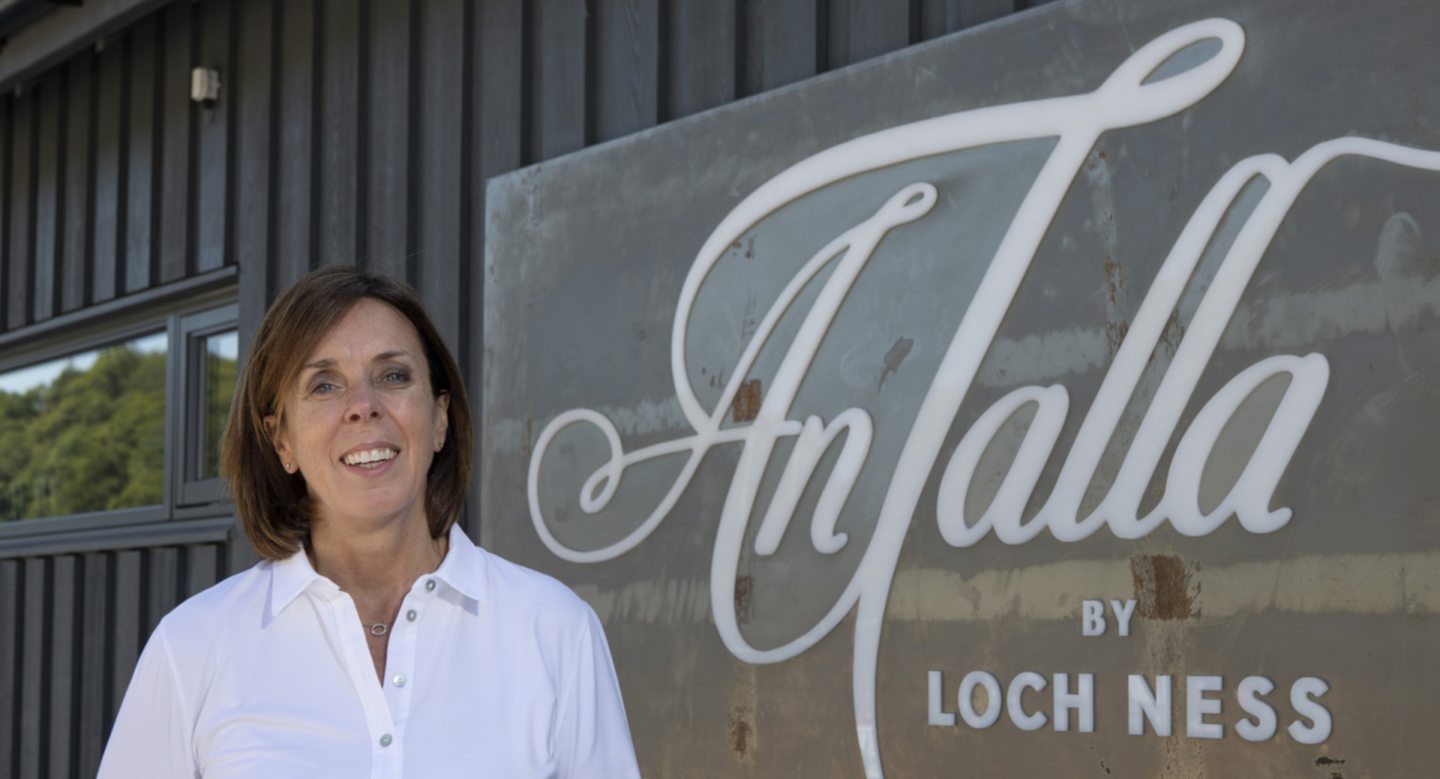The tourism sector in the Highlands is currently facing a “perfect storm” when it comes to recruiting staff.
As the fallout from Brexit and the pandemic continues to bite, a high number of vacant posts is causing concern among tourism leaders.
The shortages are limiting what some businesses are able to offer their customers.
Ahead of a busy summer season, they are competing against each other for fewer staff.
Some have even reported increasing wages three times in a year to try to keep hold of their best employees.
Last week, Landmark Forest Adventure Park near Carrbridge announced some of its attractions would remain closed over Easter due to a shortage of staff.
Pool of workers down by 11,000
Highland Council estimated that around 25,105 people were employed across the tourism sector before the pandemic.
By 2020, more than 11,000 left their posts, with an estimated 14,056 employed in the sector.
Research conducted by Highlands and Islands Enterprise (HIE) also found that 68% of tourism businesses surveyed have experienced a labour shortage that has impacted business.

Community interest company Highland Tourism has said a number of factors have contributed.
Chairwoman Yvonne Crook said: “The tourism industry is facing a perfect storm of pressures on their businesses.
“We have had the pandemic, staff shortages due to Brexit, and rising energy costs.
“Staff shortages in tourism are happening throughout the world but they are probably exacerbated in the Highlands due to our rurality.”
Mrs Crook has said the impact of staff shortages could result in more businesses operating at a reduced capacity.
She said: “The good news is that tourism in the Highlands is provided by very resilient people. We have found innovative ways of encouraging people back into the industry and we are committed to that work.
“We believe the Highland region has a promising, sustainable future. The way forward is undoubtedly through collaboration and innovative thinking.”
Hundreds of vacancies a ‘serious issue’
Michael Golding of Visit Inverness Loch Ness says he is acutely aware of the challenges the industry is facing.
Mr Golding said: “There are literally hundreds of vacancies in tourism businesses in the Inverness and Loch Ness area currently.
“It is a serious issue across the Highlands and Islands.
“It seems crazy to think that P&O has fired some 800 staff in the last couple of weeks and yet we are still struggling to recruit staff into good jobs with established reputable businesses in what is a beautiful place to live and work.”
Infrastructure improvements required to help recruitments efforts
Some businesses have been fortunate enough to fill most of their roles.
But even some of them are noticing a huge drop in the number of people applying for jobs.
Freda Newton, managing director at Loch Ness by Jacobite, describes it as a “serious issue for the hospitality and tourism industries”.
She said: “For the first time in a long time, there have been more jobs than people this year.
“We’ve made it our aim to offer the best we can for our employees and make our business somewhere people want to work.
“Loch Ness by Jacobite has always been a big pull for applicants as it’s something different and exciting being out on the boats.
“But we’ve found that that our cafe and retail offering An Talla has, at times, struggled to receive applications.
“Despite paying more than the living wage and providing other staff benefits, it can unfortunately be a slow burn to fill hospitality positions like this.”
Poor public transport also provides an extra hurdle for some Highland businesses to overcome.
And rising fuel costs will likely affect whether people are willing to drive.
Ms Newton added: “A major issue we have found over the years is that applicants often rely on public transport.
“It has been even more prominent this year. It is often the reason they decline a job with us as there are not frequent services out our way.
“Without addressing the practicalities, staffing issues will continue to persist.”




